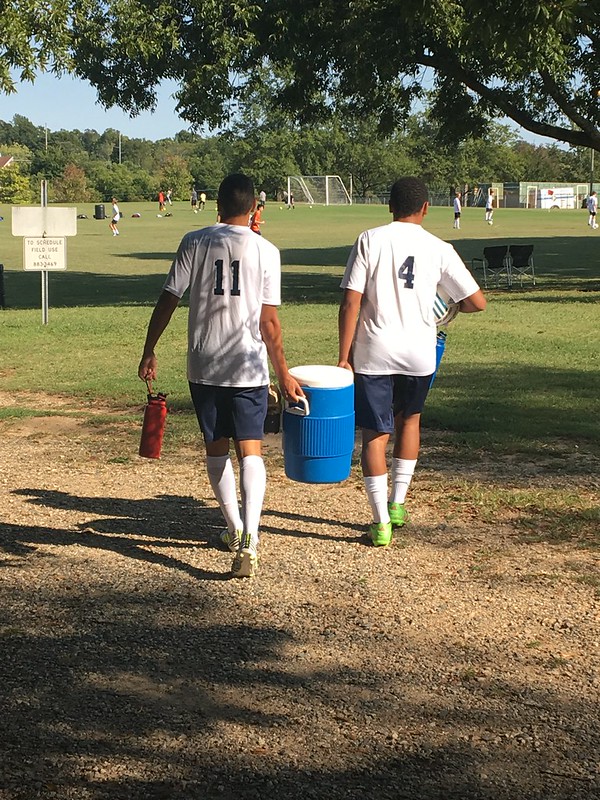
I officially began my unschooling journey (a style of homeschooling where you naturally learn from living life) way back in 1992 with my oldest son who had just turned 5 years old. There was no internet. There were no local homeschooling groups. There were no weekly co-ops. There were no homeschooling proms, or sports, or graduation ceremonies. You would find a straggler here and a straggler there who homeschooled. If you wanted to gather, you had to create it yourself. As an extrovert, I did just that. We would meet monthly for parent support, maybe arrange some field trips, and often had a newsletter that we mailed to each person. The groups were always “inclusive” because we didn’t have the luxury of separating out styles of homeschooling or reasons for choosing homeschooling. We had to stick together and respect each other’s differences to trade for support in this outlier educational choice.
My in-real-life homeschooling mentor was my personal sounding board. Fortunately, she was also an unschooler (the only one I knew in person at the time). Huge supports for me were reading the unschooling magazine by founder (and person who coined the term “unschooling”) John Holt, Growing Without Schooling. My mentor had back issues that I devoured. I loved the format because they were from real parents trying to figure out how best to educate their children telling their real stories asking their real questions. I even started to form my own thoughts by writing into this magazine and being published. The other support was from the Hegener’s magazine, Home Education Magazine. The Hegeners were also unschoolers but their magazine was more eclectic leaning toward unschooling. I enjoyed the article base to it with a continued broadened view on what homeschooling and unschooling can look like.
I give this background because I was mostly on my own to define what home/unschooling was and how I would apply it to my family. I had different hurdles to jump compared to the hurdles new unschoolers today have. I had to figure things out on my own, which felt scary and took a while to gain my confidence. The positive side was I learned to trust my gut and my children’s bent. I didn’t have a lot of outside support, but once again, this was a catalyst for stronger confidence and trust in my intuition. Today’s new home/unschooler has to wade through a million and one activities, curriculum choices, and voices that can lead to confusion, panic, or fear of doing it wrong or not doing enough. Hopefully, in the end, this overwhelm will result in centering in your own inner voice that results in confidence in your decisions for your family.

So, what is unschoolng. I’m going to use Helen Hegener’s initial description that allows for variety within the movement:
Defining unschooling is a little like describing a color, and every bit as elusive. You can rely on commonly-held descriptions; for example, we generally all agree what blue looks like, but what about cobalt, aqua, navy, cyan, sapphire, azure, indigo, cerulean, turquoise or cornflower? It’s the same with unschooling. There’s a generally accepted definition, but then there are all these wonderful variations…
Helen Hegener, Home Education Magazine
I believe in the wonderful variations in all educational philosophies. If not, we risk creating another box to have to fit into. People are complex beings having both strengths and weaknesses. I believe each of us is on a journey called Life. I believe we have the privilege of supporting one another. My journey will look different from yours or my children’s. It is ultimately my desire to have the privilege of being invited to travel alongside my children on their journey for a spell. I can share insights as a traveler who has walked further along her path, but I choose not to steer their path. I can encourage my children to keep moving forward along their chosen path, though I recognize that stopping to smell the roses is part of the journey, or even switching paths. Let’s just admit, it’s complicated!

I would like to share a piece I wrote as a response to my definition of unschooling back in the summer of 2004, in response to the oft-quoted unschooling definition: “Unschooling is living your life as if there were no such thing as school.”
I understand the premise here, but for me, it’s a little bit like throwing the baby out with the bathwater. “Learning your letters/figures” has been around a lot longer than public institutions of learning and usually allowed only for the elite. I reject the confining elements of school, but I don’t necessarily reject all of it, such as the idea of subjects, teaching, or textbooks. Let me explain my perspective on each of these words that unschooling proponents tend to reject as being part of unschooling.
As it pertains to subjects, if I say “food,” what do you think of? How about “fruit” and “meat?” Do you think of two different things? If I say “cancer,” what do you think of? What about “prostate cancer” and “lung cancer?” Do you think of two different things? What if I say “school subjects,” what do you think of? How about “math” and “art?” Do you think of two different things? Unschooling proponents tend to say we should reject the idea of separate subjects. I absolutely agree that so much is interrelated in life. We learn like that all the time. There are times when a person wants to go deeper in particular areas of interest that helps us specialize.
If my children were really into the science-type Eyewitness books, I might have casually mentioned that they sure like science and let them know what science is. Same with history if they liked the American Girl series. Because of the mentality and attitude to which I did this, no more or less when they pursued integrated things, my children did not put more or less value on the different learning experiences they were pursuing. Because my children live with society, they know about subjects. But their attitude about subjects is different than their public schooled peers because of the mentality and attitude of how we have used that knowledge in our lives. Thus, the idea of subjects doesn’t have to be rejected outright. It’s all about how and why we interrelate with it.
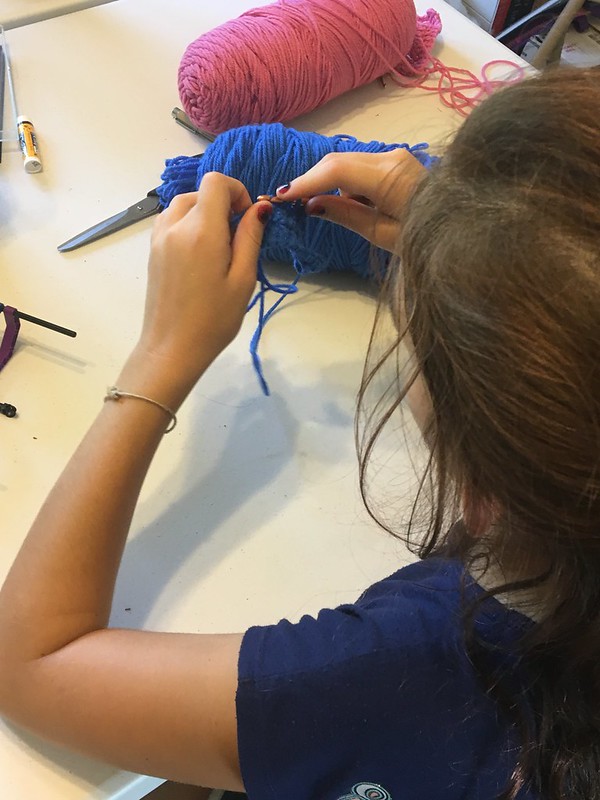
As it pertains to teaching, if I wanted to learn to crochet, I would most likely get a book that shows me how. This is because as a strong left-brained learner, I tend to gravitate toward print-based learning materials. If that didn’t work, I might find someone to teach me or take a class. (A right-brained learner may start with this as their preferred learning style.) All of these are ways for me to learn to crochet, but I believe they are all ways that someone is teaching me because I chose to be taught. (You can’t teach someone something they don’t want to be taught, or are not ready to learn or are not interested in learning.) It was rare in my unschooling life that I had the traditional role of teacher and my child a student. My main role was to provide them with various materials and resources in order that they might learn for themselves. Some of my children flourished with this. Others needed more of my guidance. Again, a different perspective.
As it pertains to textbooks, I am a strong believer in what I call living books (or natural material); however, I don’t discard textbooks just because they are associated with school or that they might be constructed differently than living books. Again, the mentality I portray to my children is any choice they make to learn something is valid. It’s how and why it is being used that matters.
What did I reject about schoolish ways (to just name some)?
- Grading
- Testing
- Going at the pace of a curriculum
- Using one curriculum for the needs of all children (or a pre-packaged curriculum for all the needs of one individual)
- Being at the mercy of the way one person teaches and how they teach and what they expect
- Compulsion to attend and learn
- No respect for the students and no respect for each other
- No freedom to choose what they learn, how they learn, when they learn, or where they learn
- Being compared to an arbitrary scope and sequence of where they are to be at that particular moment
- There is one right answer and you are wrong
- Moving on whether you know something or not
- Fitting in to the crowd (not being honored for being an individual)
- Emphasizing that certain things are more important than another whether in school subjects or social class
- Ranking children by grade placement or gifted classes or special education classes.
School is supposed to be about learning; however, they added things in that turned it into a rigid, unbending, one-size-fits-all, conveyor belt system. I discovered a quote from a young man about to leave public school and begin unschooling. He started to hear what unschooling was supposed to be, and he started to worry that he would have to fit another definition of another person’s or philosophy’s standard of learning. He started to fear that unschooling was just another form of public schooling: living to another person’s ideology. Luckily, he decided to go live with three different families who considered themselves unschoolers. He was relieved to discover that everyone figured out their own standards and so could he. I decided maybe my unschooling philosophy is based on his words here:
At first, I viewed unschooling as a pond, small and narrow, and then as I learned more about it, it turned into a lake. Now I am trying to see it more as an ocean, expanding and broadening its meaning in my life.
Chris Davis, Growing Without Schooling, Issue 121
Living and learning together through home/unschooling has been a beautiful evolution of learning for all of us. My children helped me learn things I would never have known without them. Unschooling was my foundation that led me to be a master observer. Through this, I was able to understand the right-brained/ left-brained dominance learning paradigm, strengths-based environments, and collaborative, mentor-inspired stages that all is supported by education-based brain research. For those interested, here is a link that shares various posts where I ended up writing out what our home/unschooling lives ended up looking like by stage. I believe unschooling was the foundation that led my children to be free thinkers and life-long learners. As such, even if they chose to be part of institutions that are more rigid, such as college, or corporate America, their strong inner voices and intuition helped them resist being defined by them. Thus, unschooling undefined.
If you benefited from this content, please consider supporting me by buying access to all of my premium content for a one-time fee of $15 found here. This will even include a 50% off e-mail link toward a copy of my popular The Right Side of Normal e-book (regularly $11.95)!

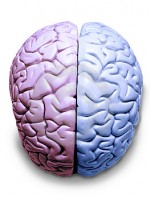

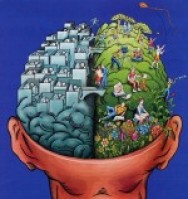
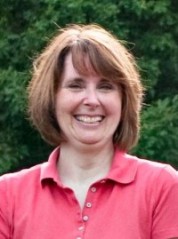
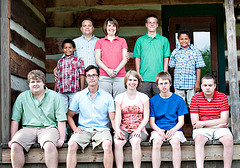
Pingback: The Snake Lesson | The Right Side of Normal